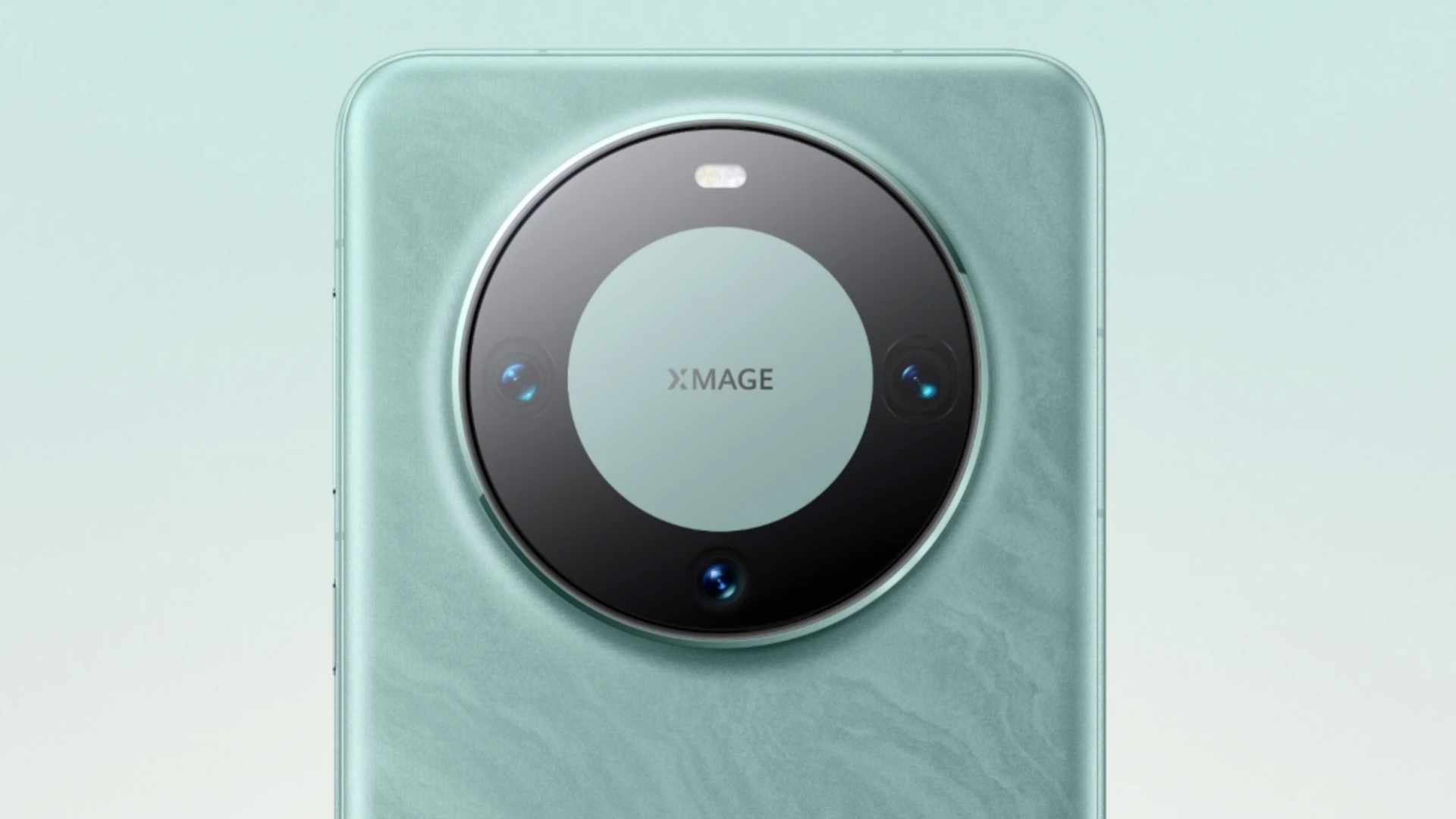- According to a Bloomberg report, the United States government is pondering even more sanctions against Chinese technology firms.
- It is specifically looking at companies that assisted Huawei in the creation of its Mate 60 Pro device last year.
- The smartphone featured a 7nm processor, whose development is shrouded in mystery.
In the latter half of last year Huawei launched the Mate 60 Pro in its native China. While the launch was fairly surreptitious, it garnered plenty of interest namely for the 7nm chipset that the device was running.
This was notable for the fact that Huawei being on the United States government’s entity list greatly restricted the component vendors it was able to work with, making the release of a phone with a 7nm processor almost unthinkable at the time.
Added to this was the fact that the Chinese phone maker was quite coy about how the Mate 60 Pro worked and what elements went into its creation.
Per a report from Bloomberg (paywall), now US officials are looking into the matter and may place other Chinese firms on the entity list for assisting Huawei in the development of the Mate 60 Pro.
While unconfirmed by the Biden administration, there could be sanctions placed on Chinese chipmakers Qingdao Si’En, SwaySure, and Shenzhen Pensun Technology Co. (PST), along with memory chipmaker ChangXin Memory Technologies Inc.
“Adding more Chinese companies to the US Entity List is a highly likely event. It is easy to implement and justify, and it will further block certain key Chinese companies from being able to exploit current loopholes in export restrictions,” noted Jefferies analyst Edison Lee regarding the potential bloacklistings.
Two more companies being looked at are Shenzhen Pengjin High-Tech Co and SiCarrier, individuals close to the matter told Bloomberg, with the publication highlighting that both semiconductor manufacturers are reportedly being viewed as proxies for Huawei to obtain hardware it would otherwise be banned from getting.
Much of the report remains conjecture at this point, especially as no evidence has officially been released by the US government regarding the security threat that Huawei and its hardware poses, ever since Google was first barred from making its services available on phones in 2019.
Given how much pressure the US government is placing on another Chinese company, ByteDance which owns TikTok, the prospect of more firms being added to the entity list looks increasingly likely.
How this would further set back Huawei, however, remains to be seen if it comes to fruition.

